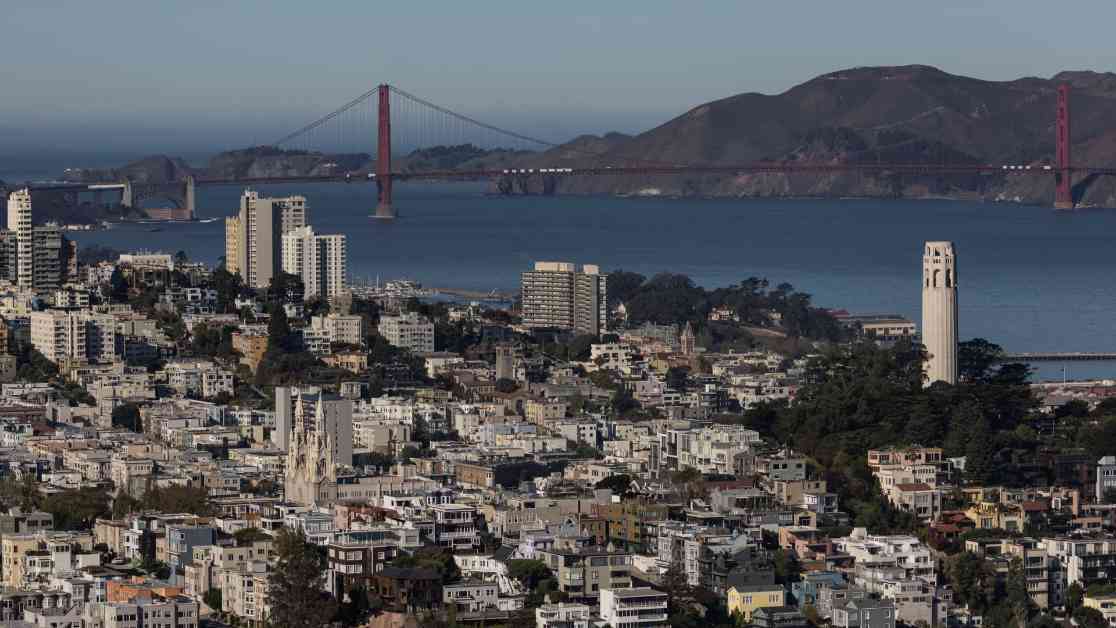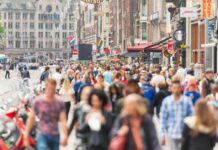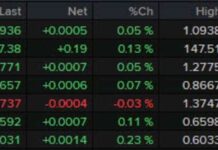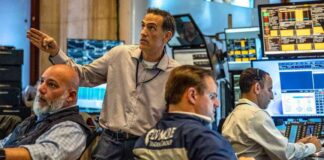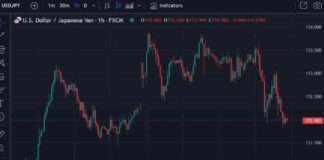San Francisco: The Hub of AI Innovation
San Francisco, known for its iconic skyline and the majestic Golden Gate Bridge, is not just a city of breathtaking views but also a hub of innovation in the field of artificial intelligence (AI) and accelerated computing. My recent trip to this tech mecca provided me with valuable insights from executives and workers in the industry. It was a grueling yet necessary journey, as we find ourselves at a crucial juncture in the AI revolution. AI has become a buzzword in boardrooms and tech circles alike, with companies increasingly recognizing its importance in driving business growth and innovation.
The Rise of Artificial Intelligence
Artificial intelligence, once a futuristic concept, has now become a pervasive force in our everyday lives. From virtual assistants like Siri and Alexa to personalized recommendations on streaming platforms, AI is transforming industries and reshaping the way we interact with technology. In San Francisco, I had the opportunity to delve deeper into the world of AI and witness firsthand the cutting-edge advancements being made in this field. Companies are investing heavily in AI research and development, recognizing its potential to revolutionize processes, enhance customer experiences, and drive competitive advantage.
One of the key takeaways from my conversations with industry experts was the growing emphasis on accelerated computing in enabling generative AI. While AI has been around for decades, recent advancements in computing power have unlocked new possibilities for AI applications. Accelerated computing, through technologies like GPUs and TPUs, has made it possible to process vast amounts of data at lightning speed, enabling AI systems to learn and adapt in real-time. Despite its crucial role in advancing AI capabilities, accelerated computing often flies under the radar, overshadowed by the hype surrounding AI itself.
The Implications of AI and Accelerated Computing
The integration of AI and accelerated computing has far-reaching implications across various sectors, from healthcare and finance to retail and entertainment. In healthcare, AI-powered diagnostic tools can analyze medical images with greater accuracy than human professionals, leading to faster and more precise diagnoses. Financial institutions are leveraging AI algorithms to detect fraudulent activities and make data-driven investment decisions. Retailers are using AI-powered analytics to personalize customer experiences and optimize inventory management. The entertainment industry is harnessing AI for content recommendation and creation, revolutionizing the way we consume media.
However, with great power comes great responsibility. The rapid advancement of AI technology raises ethical concerns around data privacy, bias, and accountability. As AI systems become more autonomous and intelligent, the need for transparent and ethical AI governance becomes paramount. Companies must prioritize ethical considerations in the development and deployment of AI solutions to ensure they align with societal values and promote inclusivity.
In conclusion, my trip to San Francisco was an eye-opening experience that shed light on the evolving landscape of AI and accelerated computing. As we stand on the cusp of a new era driven by AI innovation, it is crucial for companies to embrace these technologies responsibly and ethically. By harnessing the power of AI and accelerated computing, organizations can unlock new opportunities for growth, innovation, and societal impact. The future of AI is bright, and San Francisco remains at the forefront of this technological revolution.
